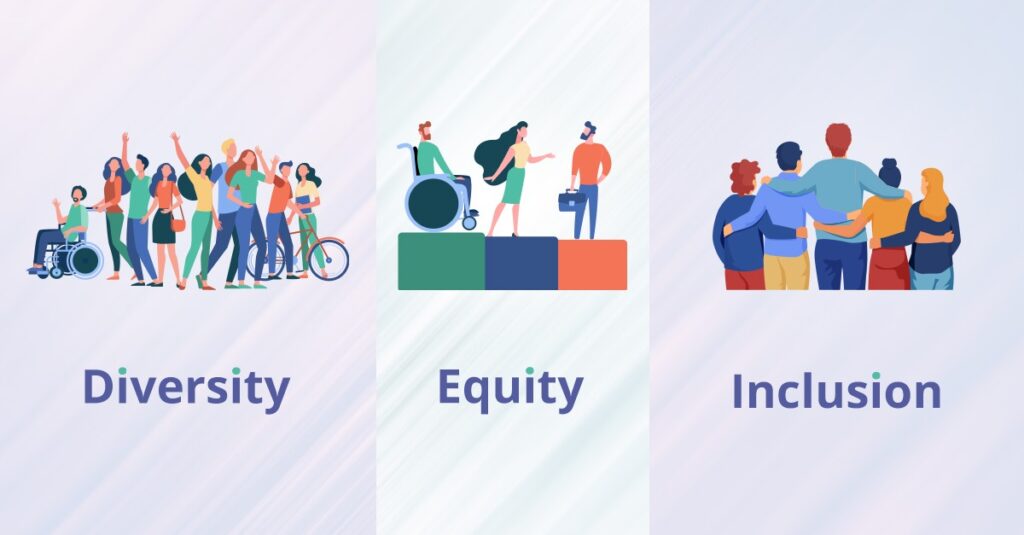The American business landscape is undergoing a fascinating transformation. Jokes about Indian immigrants struggling to climb the corporate ladder are fading memories. Today, Indian-origin CEOs are leading some of the most powerful companies in the U.S., from Sundar Pichai at Google and Alphabet to Satya Nadella at Microsoft. This rise to prominence is a testament to a confluence of factors – the talent and ambition of Indian immigrants, the openness of American corporations to diverse leadership, and the strength of U.S. educational institutions. However, this trend also prompts nuanced questions about representation, meritocracy, and the future of leadership in the globalized world.
Table of Contents
ToggleA Surge in Representation and its Benefits
The numbers paint a compelling picture. A report by Financhill suggests that over 10% of Fortune 500 CEOs are of Indian origin. This statistic is particularly striking considering the historical underrepresentation of minorities in such high-profile positions. This surge in representation brings several benefits.
- Fresh Perspectives: Diverse teams, with a range of backgrounds and experiences, are demonstrably more innovative and effective in problem-solving. Studies by McKinsey & Company have shown that companies with greater diversity outperform their less diverse counterparts. Indian-origin CEOs bring unique perspectives to the table, fostering creativity and challenging established norms.
- Role Models and Inspiration: The success stories of Indian-born CEOs inspire future generations of Indian Americans and immigrants to pursue leadership roles in business. Seeing individuals who share their heritage excel at the highest levels demonstrates the possibilities available in the corporate world. This can have a ripple effect, encouraging more diverse talent to enter the business landscape.
- Global Talent Pool: The rise of Indian-origin CEOs highlights the strength of the U.S. education system in nurturing global talent. Many of these CEOs honed their skills at prestigious American universities, showcasing the system’s ability to attract and develop bright minds from around the world. This creates a win-win situation, as American businesses benefit from an influx of highly skilled individuals.
Beyond Ethnicity: The Meritocratic Ideal

While celebrating the rise of Indian-origin CEOs is important, it’s crucial to remember that these positions are attained through merit and qualifications, not solely ethnicity. These CEOs have climbed the corporate ladder through hard work, dedication, and a proven track record of success. Their rise is a testament to the opportunities available in the American corporate world, where talent and skill are recognized and rewarded. This emphasis on meritocracy ensures that the best individuals are leading these companies, fostering a culture of excellence, and driving long-term success.
Beyond Tech: Broadening the Impact
While Indian-origin CEOs are particularly prominent in the tech sector, their presence could be even stronger across different industries. This broader representation would create a more balanced leadership landscape and showcase the versatility of Indian talent. As the global economy continues to diversify, Indian-born CEOs with expertise in finance, manufacturing, or healthcare could play a crucial role in driving innovation and growth across various sectors.
Imagine an Indian-origin CEO leading a major pharmaceutical company spearheading breakthroughs in medicine, or a CEO of Indian descent transforming the financial landscape. Such representation would send a powerful message about the vast potential of this diverse talent pool.
Cultural Integration and Adaptation:
Indian-origin CEOs have been recognized for their ability to adapt to new cultures and environments, bringing strong academic backgrounds and a value for diversity and cross-cultural communication. They often integrate their cultural values within the corporate culture of American companies, influencing leadership styles and decision-making processes.
Economic Impact:
Indian-origin CEOs have made significant economic contributions, employing over 3.6 million people worldwide and accounting for over $1 trillion in revenue and $5 trillion in market capitalization. Under the leadership of CEOs like Satya Nadella and Sundar Pichai, companies like Microsoft and Alphabet have seen substantial increases in market value.
Mentorship and Community Support:
Organizations like Indiaspora play a crucial role in providing a platform for global Indian-origin leaders to collaborate, build community engagement, and catalyze social change. These networks support professional growth and success, offering mentorship and opportunities to connect with other leaders.
Looking Forward: Challenges and Opportunities
The future of leadership diversity is expected to see increased investment in diversity, equity, and inclusion (DEI) data, tools, and benchmarking to define recruitment and human capital strategies.

Despite the positive strides, challenges remain. One potential concern is the risk of tokenism, where companies may prioritize diversity quotas over the best candidate for the job. It’s vital to ensure that qualified individuals are chosen based on their merit and ability to lead effectively. Diversity initiatives should focus on creating a pipeline of talented individuals from various backgrounds, not simply filling quotas.
Another challenge lies in fostering a truly inclusive environment within these companies. While having an Indian-origin CEO is a step forward, it’s equally important to create opportunities for diverse talent at all levels of the organization. This means fostering a culture that values different perspectives, promotes mentorship programs for aspiring leaders from minority backgrounds, and actively removes any barriers to advancement.
A Transformation in Progress
The rise of Indian-origin CEOs in the U.S. is a powerful symbol of progress. It reflects a changing landscape where talent and ambition are valued above origin. However, this trend also serves as a reminder of the ongoing need for diversity initiatives and a commitment to fostering inclusive workplaces.
By embracing these principles, American corporations can leverage the full potential of their diverse talent pool and lead the way in a globalized future. This transformation not only strengthens American companies but also serves as a powerful message of inclusion and opportunity for the world.

Jugaad on Two Wheels: The Hilarious Bike Parcel Hack in Karnataka
The Great Karnataka Bike Parcel Hack: A Jugaad Masterclass #RapidoParcel: In a creative yet controversial move, ride-hailing platform Rapido has found a way around Karnataka’s

Denmark’s Digital Sovereignty Revolution: Linux and LibreOffice Lead the Way
Introduction to Denmark’s Bold Move In June 2025, Denmark’s Ministry of Digital Affairs made headlines by embracing digital sovereignty, ditching Microsoft Windows and Office 365

🏏Sports as a Business Strategy: Insights from Vijay Mallya’s RCB Ownership
🧠 Sports as a Business Strategy (Tool) In modern business, few platforms offer better engagement and emotional connection than sports. From football clubs in Europe

🙏 Apologies in Leadership: Vijay Mallya Public Apology
🧠 Introduction: The Role of Apologies in Leadership In the corporate world, apologies aren’t signs of weakness—they’re strategic acts of leadership. When made with sincerity

Audiobook Production Costs: Navigating Recording Artists, Studio Expenses, and AI’s Impact
The audiobook industry is booming, with over 130 million listeners in the U.S. alone in 2021 and a growing global appetite for audio content. Producing

Media Trial of Vijay Mallya: How Public Perception Shaped Vijay Mallya’s Legacy
Introduction: Media’s Influence on Business Narratives In today’s hyper-connected world, media narratives can make or break a business reputation. For Vijay Mallya, once known as

